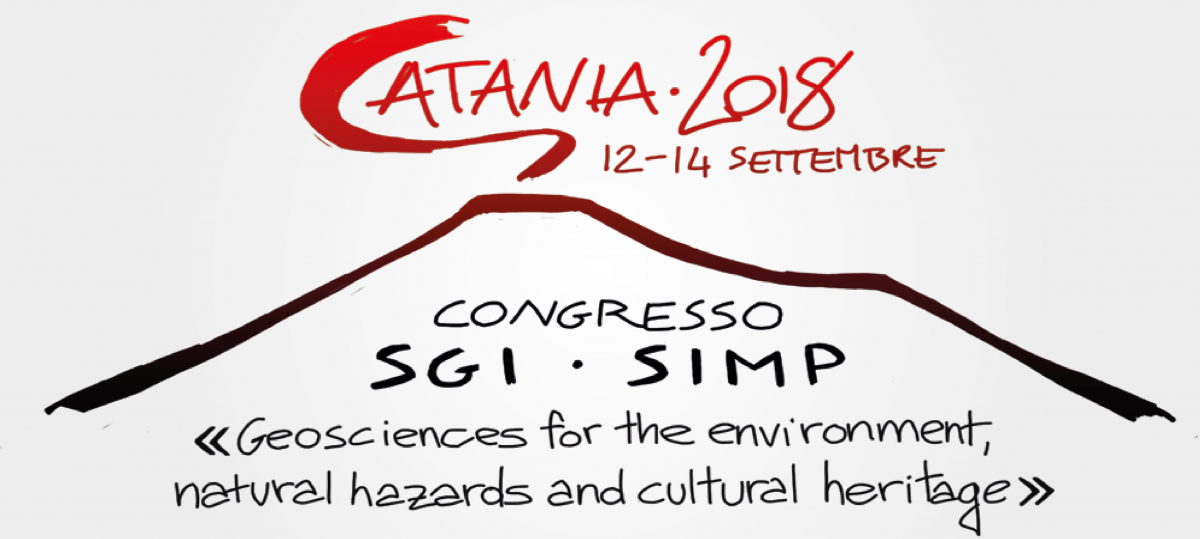Cari colleghi,
Al prossimo Congresso SGI-SIMP che si terrà a Catania dal 12 al 14 settembre 2018 sarà presente una sessione dedicata al ricordo del cinquantesimo anniversario del terremoto del Belice (1968-2018) e dove saranno ospitati interventi di varie discipline allo scopo di fornire una lettura multidisciplinare di quell'evento e, in generale, del complesso rapporto tra la società italiana e i grandi eventi sismici che hanno funestato la sua storia dal dopoguerra ad oggi. Sotto trovate l'abstract della sessione, mentre il link alla pagina del Congresso è il seguente.
http://www.sgicatania2018.it/
I lavori presentati in questa sessione saranno raccolti in un volume speciale della rivista "Annals of Geophysics"
La scadenza per la sottomissione degli abstract è il prossimo 21 maggio.
P51. 1968-2018: Fifty years after the Belice's Earthquake. Considerations on geological, geophysical, geochemical, territorial and social aspects of this earthquake and its heritage in the connections between the Italian society and seismic catastrophes
Proposers: Mario Mattia (INGV, Catania), Paolo Madonia (INGV, Palermo), Giulio Selvaggi (INGV, Roma), Giulia De Spuches (Univ. Palermo), Francesco Martinico (Univ. Catania)
In this session our aim is to follow the dramatic thread that, starting with the Belice earthquake (14-15 January, 1968), crosses the recent history of our Country until the days of the 2016 Amatrice seismic sequence. We interpret the Belice earthquake like the "zero event" for the developing of the connections between the Italian society and the seismic catastrophes striking Italy in the post-war period. First of all, the territory, considered as a unit made up of geographical, geological, social, historical and urban aspects. We invite to submit reflections and stimulating readings for each of these aspects that help to define the geological and structural context in which the Belice earthquake occurred, such as the novelties proposed by the most recent research in geological, geophysical, geochemical and geodetic fields, but also themes and reflections on the impact that the earthquake has had on Italian and Sicilian society, on its housing and infrastructural context, on the history of our country. This session fosters a contamination among different disciplines, reflecting the complexity of the impact that an earthquake has on any territory. We will try to understand why an earthquake occurs in a certain area, how the social context reacts, which effects it produces on different territories and societies. Belice, therefore, but also Friuli, Irpinia, Umbria, Abruzzo, Emilia and Amatrice. A sad paradigm that must be read (and listened to) from various points of view.
Cordiali saluti,
Mario, Paolo, Giulio, Giulia e Francesco
SGI-SIMP 2018 - Call for abstract Sessione P51 "1968-2018: Fifty years after the Belice's Earthquake. Considerations on geological, geophysical, geochemical, territorial and social aspects of this earthquake and its heritage in the connections between the
-

